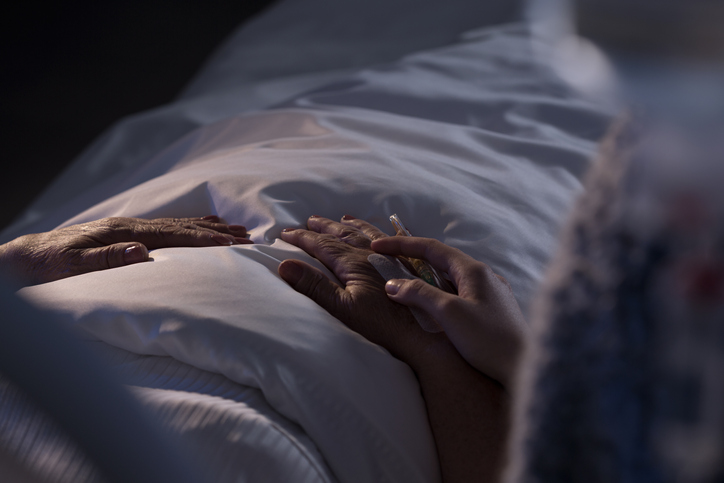
The Worst of the Worst Nursing Homes in America
June 10, 2019
Nursing Homes are Helping Spread Fatal Fungus Infections
September 27, 2019Stories Like These of Nursing Home Abuse Are Heartbreaking Because They’re Preventable
A few days ago we read the story of a Vietnam Veteran who died after being found in his nursing home room, covered in ants. Unfortunately stories like this one of nursing home abuse and neglect happen all too often.
Family Members Are The First Defense Against Nursing Home Neglect and Abuse
What should you or your family do to protect your loved one from deteriorating in a nursing home where they are neglected, abused and otherwise not cared for appropriately?
- First of all, be present (as much as possible). Robert Gregory, a nursing home abuse attorney with offices in East Alton, suggest that visiting as much as possible means that you are aware of the setting in which your loved one is living. “Family members of elderly living in long term care facilities should visit as much as possible,” says Gregory. “Stop in for weekly visits and surprise visits. Get to know the staff. Stop by and greet your loved one’s caretakers and introduce yourself.” Sometimes simply being seen recognized as a caring family member helps caretakers and nursing home staff see their patient, your loved one, as a complete person. Plus, it doesn’t hurt to establish yourself as someone who cares and who is aware of your parent or loved one’s situation.
- Second, be vigilant. Look around when you visit. Take note of conditions, not only of the care, cleanliness and demeanor of your loved one, but of the facility in general. Do you see issues being addressed in a timely manner? Are staff members interacting with nursing home residents? Are they doing so in a professional manner? Do you notice supervisors in the halls and in the rooms with residents?
- Third, listen to your loved one (or to other residents). How does your family member talk about the general conditions. Ask questions about the meals, the care and the staff. Find out how well your loved one is integrating with other nursing home residents. Are they making friends? Ask them to introduce you to their friends and get their take on the overall conditions of the nursing home.
- Fourth, look around and take note of what you see. Is your loved one wearing clean clothing that is appropriate for the season and the weather? Broken bones, bed sores and, in the case of the article, a presence of insects, are usually preceded by more subtle signs of neglect such as unmade beds, unwashed clothes, hair, beards and fingernails that have gone without care.
- There are also other types and sources of elder abuse that might not be as obvious as physical abuse. For instance there is a documented rise in venereal diseases in nursing homes that may be a sign of sexual abuse by staff or other residents. “In some ways,” cautions Gregory, “You have to be as careful and caring in your approach to a parent or grand parent as you would in the case of a young child. Even though they are an adult, they might not realize that what is happening to them is wrong and that they are in danger. Financial abuse is yet another type of abuse that sometimes occurs in nursing homes. If your loved one has access to their money, ask them about the process that they go through to make use of it. What are they buying? Who takes care of the money on premises? What is the process of accounting for it? Emotional abuse is also every bit as real and devastating as physical abuse.
We Fight For Those Abused or Neglected in Nursing Homes in Edwardsville, IL and Surrounding Areas
The Gregory Law Firm is a nursing home abuse lawyer with a history of looking out for nursing home residents and their families when abuse occurs. Call us at: 618-258-7226 to discuss your case if you suspect that your loved one has been the target of nursing home abuse or if they have suffered broken bones, bed sores, financial or sexual abuse or any other type of abuse in a nursing home or skilled care facility.
We have the experience with these kinds of abuse lawsuits to know what to look for and how to stop it before it’s too late. Contact us for a free legal case review if you witness signs of nursing home abuse before it’s too late.

